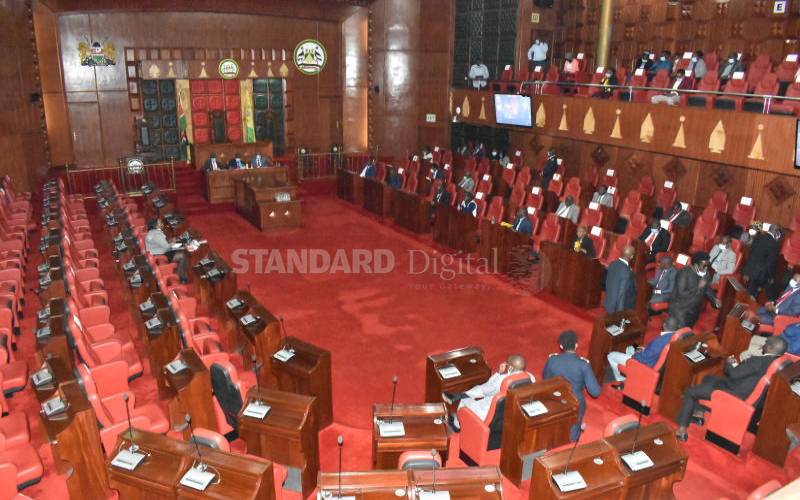×
The Standard e-Paper
Kenya’s Boldest Voice

The history of women questing for political leadership in the country is an interesting chapter in Kenya’s democratic evolution and shift towards the inclusion of marginalised groups.